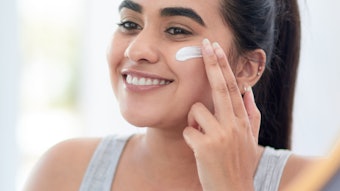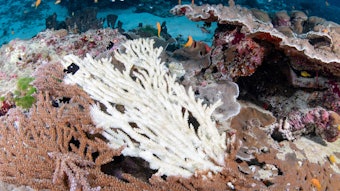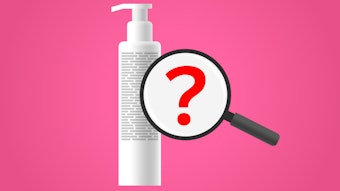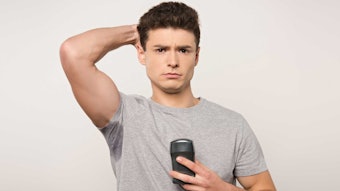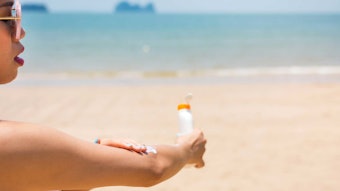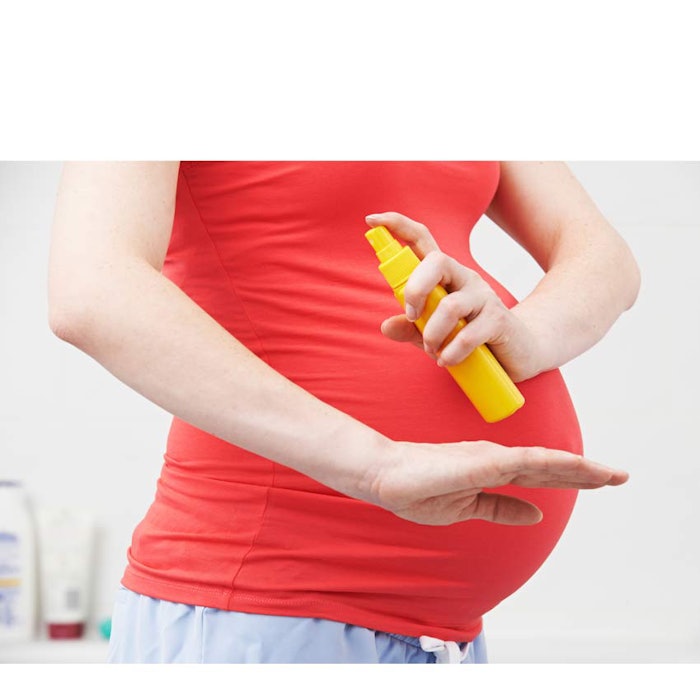
As the hot topic about how certain fragrances can supposedly repel mosquitos continues to grow on the web, the Federal Trade Commission (FTC) has sent 10 warning letters to online marketers selling products that claim they provide protection from the Zika virus without the scientific data to back it up.
"Please be advised that the FTC Act, 15 U.S.C. §§ 45, 52, prohibits false or misleading advertising claims and requires that health-related claims—such as claims that a product repels the mosquitos that carry Zika, or otherwise protects users from the virus—be supported by competent and reliable scientific evidence at the time the claims are made," the FTC said in its warning letter.
It added: "In other words, it is against the law to make health claims without adequate scientific support, or to exaggerate the benefits of products you are promoting, whether directly or indirectly through the use of a product or website name, metatags, or any other means."
What Third-parties, Distributors Need to Know
Third-party websites selling the product also need to adhere to this law. In addition to warning the marketers that false or misleading claims may violate the FTC Act, the letters urge companies to review the claims that they and their affiliates and distributors are making for their products, and delete or change them immediately if they cannot be substantiated by scientific evidence.
According to the FTC, violations may result in legal action in the form of a federal district court or an administrative order. An order also may require the company to pay money back to consumers.
"Claims that a product repels the mosquitos that carry Zika, or otherwise protects users from Zika or another mosquito-borne disease, must be supported by well-controlled human clinical testing using the species of mosquitos that carry the disease in question, and must demonstrate that the effects last as long as advertised," the FTC said in its letter. "In addition, if your advertising conveys to consumers that the product applied to or used on a specific part of the body provides whole-body protection, you must have competent and reliable scientific evidence showing that claim is true."
(Read more about how nootkatone is being sponsored by the U.S. National Institute of Allergy and Infectious Diseases (NIAID) in order to test its efficiency against mosquitoes with the Zika virus).
The letters ask the recipients report back to the FTC within 48 hours, detailing the specific actions they have taken to remove or change potentially false, misleading, or unsupported claims.
The FTC staff is not releasing the names of the marketers who received warning letters.


